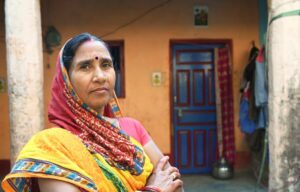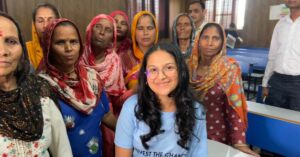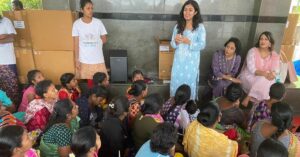This Sweet Shop Owner’s Son Has Helped Over 2 Crore Needy Through Micro Finance
Tripura-born Chandra Shekhar Ghosh started Bandhan Konnagar in 2001 with the aim to move beyond awareness and empower the rural population, particularly women. Through various financial inclusion and healthcare programmes, Bandhan Bank has around 2 crore customers.
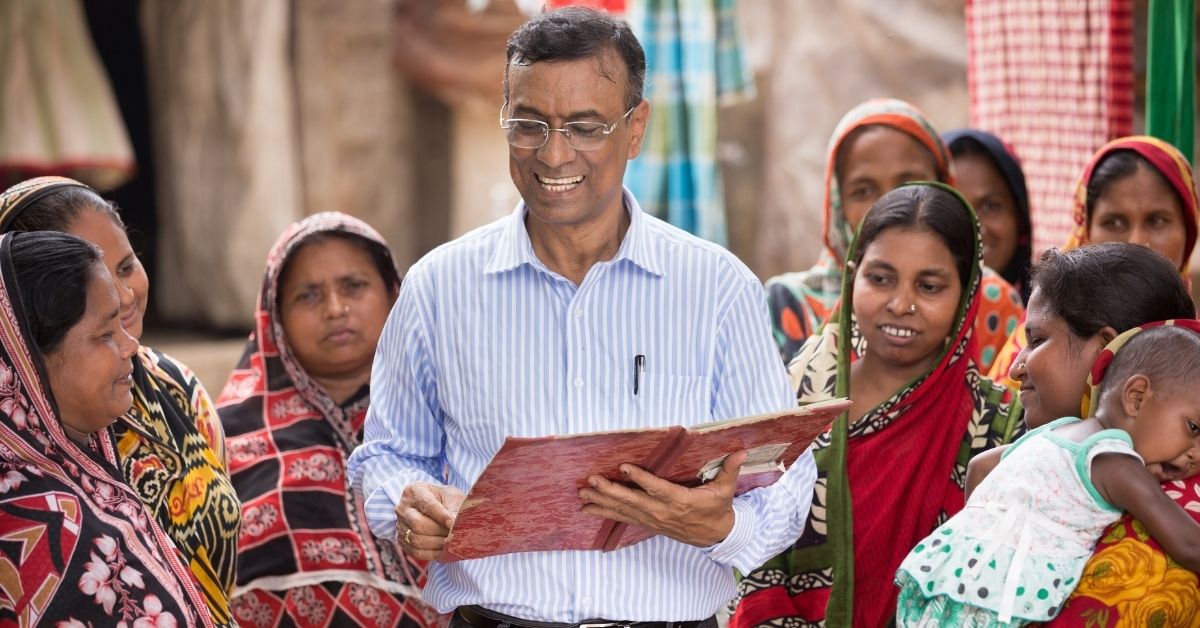
Before Chandra Shekhar Ghosh, 60, began his journey as the founder and CEO of one of India’s largest microfinancing entities, he was a young boy who helped his father run the family’s sweet shop in Tripura, where he was born. His days entailed juggling academics and the shop before he obtained a Master’s degree in Statistics from Dhaka University. All through his childhood, he was moved by the brutal penury he saw all around him, specifically when he began working with various NGOs, including BRAC that creates opportunities for people living in poverty. Here, he experienced firsthand how poverty-stricken people from remote villages were leading their lives, and what it would entail to offer them a better future.
“I had the opportunity to travel to different corners of West Bengal and understand the lives of the people living in these remote areas. That was the time I began asking myself whether I could only provide health and education awareness or if I could find a way to economically empower them,” Ghosh tells The Better India.
Jobs, not alms
An incident that hit him hard was when he saw a mother sitting outside her house and boiling some rice, while her child was sitting on the ground and eating mud and grass. He approached the mother and tried to engage her in conversation about how this would be harmful for her child. “She could hear me, but wasn’t responding much,” he recalls. “I asked her if she had heard anything I said, and she looked up at me and said, ‘For the last three days, my daughter has been crying for fish curry and rice. I give her false promises every time and say I’ll get it for her soon. I’m not responding to you because I’m thinking about how, when I’m done cooking this rice, my daughter will ask me for fish again. What do I say to her then? Can you give me a sentence I can say to my daughter so she eats the rice without the curry?’ I had no answer,” he says.
Ghosh says this helped strengthen the idea in his head that the poor need jobs and not alms, to survive.
Another incident in a local market helped further shape this vision. “I noticed that in the morning, a moneylender would come and hand Rs 500 to the vegetable and fish vendors, and collect Rs 5 as interest. Then they would come back in the evening and repeat the same practice. I wondered why these vendors were willing to pay 1% interest half a day — 700% yearly. When I asked them about it, I realised they weren’t really counting the interest rate, but the actual sum — Rs 5 a day. They said this was, in fact, a boon, because it prevented them from wasting time in paperwork and long queues.”
This led Ghosh to wonder if he could do something similar, and cut the interest rate to around 30% which would let these people save and use the money to scale their business. In 2001, he quit his job and started a microfinance NGO, Bandhan-Konnagar, to empower rural women.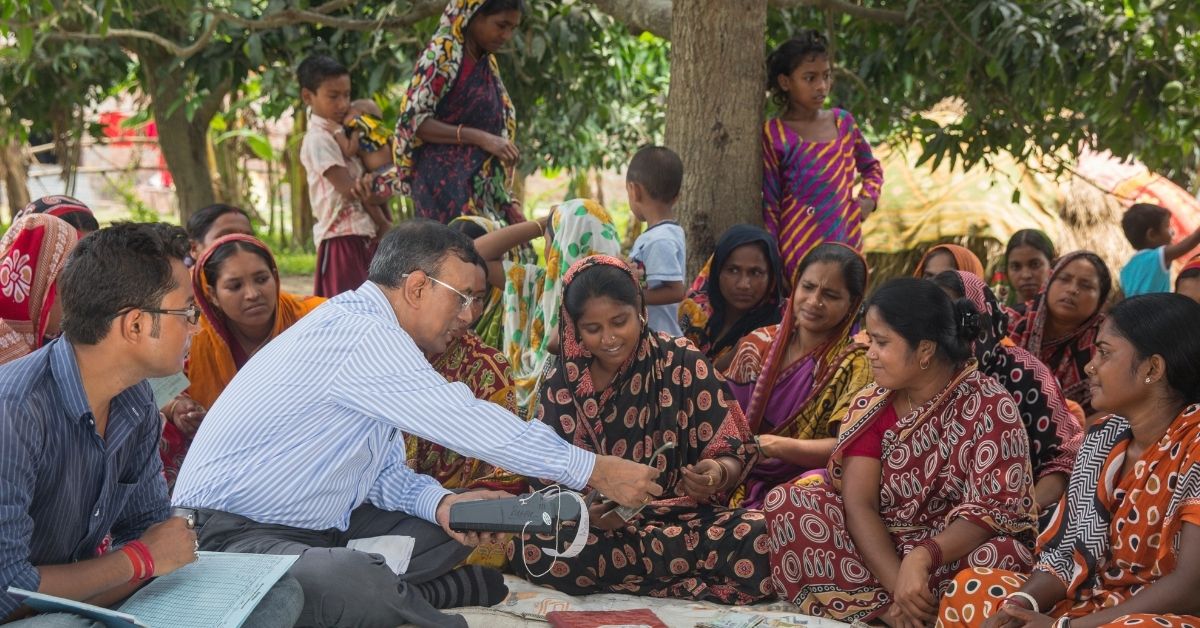
18 months of waiting
“The focus was to give the money to the women. This was to give them rights and autonomy to run a family or their business. We also wanted to slowly increase the income in village hands, which could go into building schools and improving the general ecosystem of the area,” he says.
“My wife started to cry when I told her I was quitting,” Ghosh says, adding, “She said, ‘We have a fixed income. Why would you leave the job for something so uncertain? How will our family survive?’. My brother-in-law also called me, asking me to not let go of our fixed income, which was Rs 5,000 a month at that time. But I knew what I had to do.”
He quickly realised that raising loans for the poor was difficult. He spent over 18 months to get banks to agree to provide loans, but it was all in vain. “Banks would say that these people end up ‘eating’ all the money and don’t return anything,” he recalls. Ghosh borrowed from money lenders at 7.5% interest per month and distributed it to villagers. “They returned the money on time, without any hiccups,” he says. After 18 months, the NGO was given a loan of Rs 20 lakh from the Small Industries Development Bank of India (SIDBI) on a pilot basis, which proved successful, and other banks followed.
Ghosh’s next step was scaling. “I knew that if I didn’t scale up the venture, doing work at the grassroots level would be impossible, because India has such a vast population, and I wanted to help as many as I could,” he says. To increase funding, the microfinance services were transferred to an NBFC (Non-Banking Finance Company) in 2006. The earnings of the NGO were dedicated totally to the NBFC, and the dividend would go to the villagers.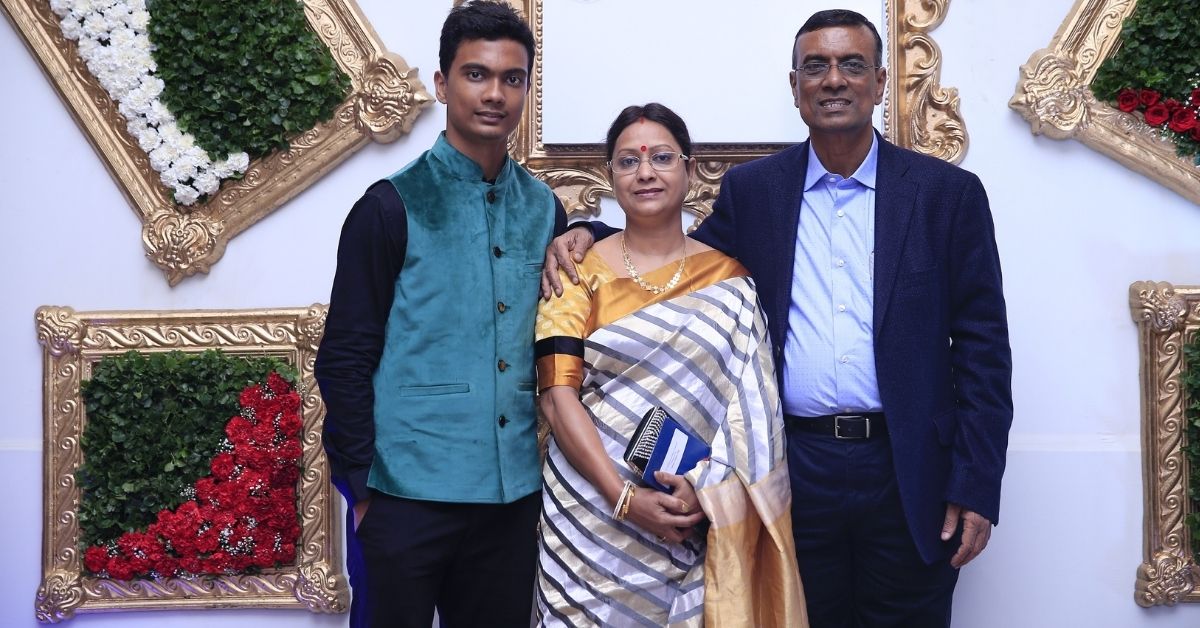
For the poorest of the poor
To recruit talent to further increase the reach of the company, Ghosh put forth the criterion that those who had passed higher secondary exams in the third division, and around the age of 23 years, could apply. The idea was to work with those who understood how tough life was in rural areas, and what the needs of these regions would be. “The general age of graduation is 21 years, but I set the limit at 23, because that meant that they might have tried to get a job for two or three years, but didn’t succeed,” he says. He wanted to prove that education and high marks are not, and should not be, the only criteria to get a job, or to build the success of an enterprise. “These people are the backbone of Bandhan. I’m very proud of them,” he adds.
Another challenge was to access the poorest of the poor, those who could not come to Bandhan directly. For this, Ghosh started Targeting the Hardcore Poor (THP) programme. Here, they offered grants in the form of free assets to women. This would help the women generate livelihood through the asset and ensure their independent sustenance. The programme also offers them a weekly subsistence allowance so they can meet their daily expenses until the assets start yielding returns.
Sangita Rabha (36) is one such woman who has benefitted from the programme. Through the asset support provided to her, she has set up a grocery store in Goalpara district, Assam. “Before Bandhan came to me, I was working as a house help. I have two children and a mother to take care of since my husband passed away years ago. It was very difficult to take care of them because I was earning only around Rs 150 per house,” she tells The Better India.
She was told by her neighbour that a meeting was taking place in her locality, where a few people from Bandhan were coming in to help destitute women such as herself. After enrolling in the programme, Sangita received training so she would know how to run a business, and was then provided with assets worth Rs 14,000 and a few basics so she could set up a grocery store. “Gradually, my daily living increased. Today, I earn around Rs 6,000-7,000 a month, which is enough for my family’s sustenance. We don’t have to pay rent since the house belongs to my parents. Both my children go to school,” she says.
She is not the only one. The THP programme has reached out to over 1,10,000 such people across the country. The initial cost the company bears per person is around Rs 30,000-40,000 a month, and it takes about two years for these women to no longer need the programme’s help to sustain themselves.
This is only one such initiative that Bandhan has taken. They have a health awareness programme to reduce the healthcare expenditure of rural families. Health volunteers, called Swasthya Sahayikas, are chosen from villages and provided with adequate training. These women then work in their villages to impart health education through regular health forums. Bandhan has around 9,700 such volunteers as of now and has reached over 18 lakh households across India. It also has education and financial literacy programmes in place. In total, the entity has been able to help 25,63,456 beneficiaries across India. Ghosh says that providing a job to each beneficiary also ensures further employment to those around them.
Transforming lives of the poor, and his own
In 2010, Bandhan became India’s largest MFI (micro finance institution). The Reserve Bank of India (RBI) granted Bandhan a universal banking license in 2015. Today, it serves around 2.25 crore customers across the country through banking products and services. It has a total of 5,197 banking outlets, including 1,107 bank branches, 4,090 banking units. Around 72% of the banking outlets are in rural and semi-urban areas.
Another life changed through Bandhan’s work is that of 42-year-old Ruma Sunfui from Ballygunge in Kolkata. “I used to work as a house help. I was earning around Rs 3,000-4,000 a month, but it was difficult to sustain my family. I learned about Bandhan’s microloan and availed it to start a shoe store in Gariahat, which is a famous market here,” she tells The Better India. To open any shop in the market, one has to buy the spot.
She avails the loan yearly and pays it off. Her ongoing loan is of Rs 2,50,000. Today, she earns Rs 6,000-7000 per day. Her husband, who was earlier working as a driver, quit his job, and the two now run their shoe store, which has two outlets. With these earnings, she is now able to send her daughter to school.
Ghosh has received numerous accolades for his effort to drive change on this scale. In 2006, Bandhan was conferred the ‘Pro Poor Innovation Challenge Award’ by the Consultative Group to Assist the Poor (CGAP), an affiliate of the World Bank. Ghosh was awarded Senior Ashoka Fellow in 2007, tagged as the Forbes Entrepreneur with Social Impact in 2014, ET Entrepreneur of the Year in 2014, received the Lifetime Contribution to the Microfinance Sector by an Individual Award in 2015, felicitated with the C Rangarajan Award for Excellence in Banking in 2017, and was a recipient of the Business World Magna Awards — Banker of the Year in 2019.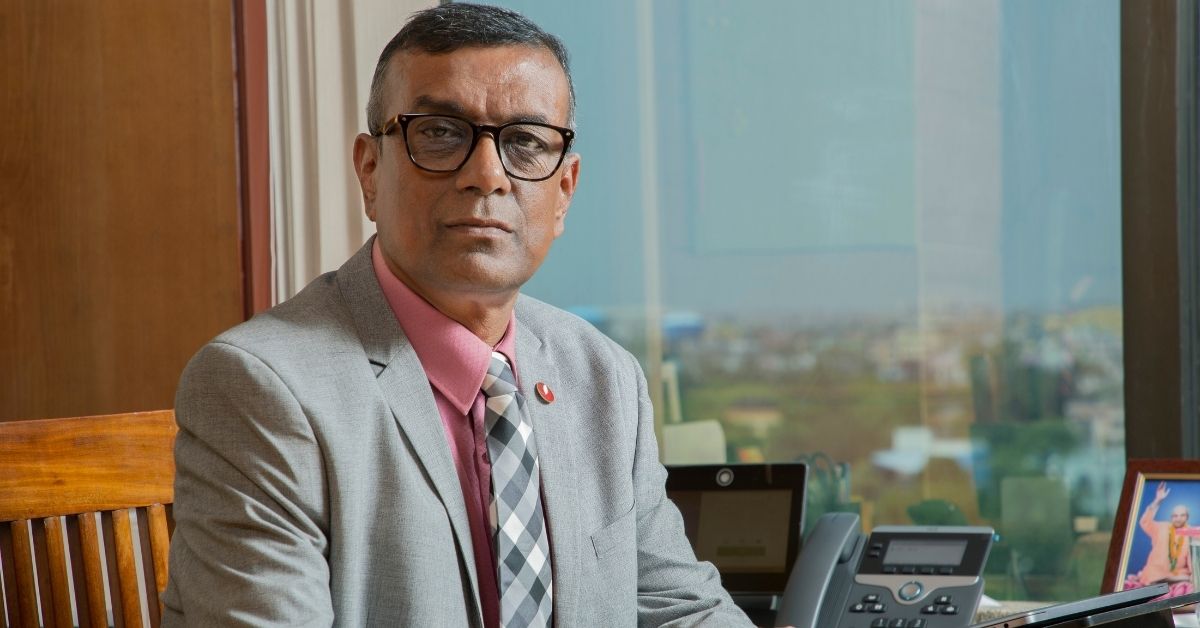
He says obtaining Bandhan’s universal banking license was his biggest achievement so far. But the first loan he received to begin Bandhan Konnagar was cathartic, he adds, because it changed everything. “When I meet the customers of our bank and they tell me about what their lives were, and what they are now, I’m filled with immense happiness. Changing the lives of so many people has been the best part of this for me,” he says.
Today, Ghosh lives in Kolkata with his wife and son. His basic belief of empowering the poor, rather than offering them charity, has built the very foundation of Bandhan and transformed the lives of many.
Edited by Yoshita Rao
This story made me
- 97
- 121
- 89
- 167
Tell Us More
We bring stories straight from the heart of India, to inspire millions and create a wave of impact. Our positive movement is growing bigger everyday, and we would love for you to join it.
Please contribute whatever you can, every little penny helps our team in bringing you more stories that support dreams and spread hope.






